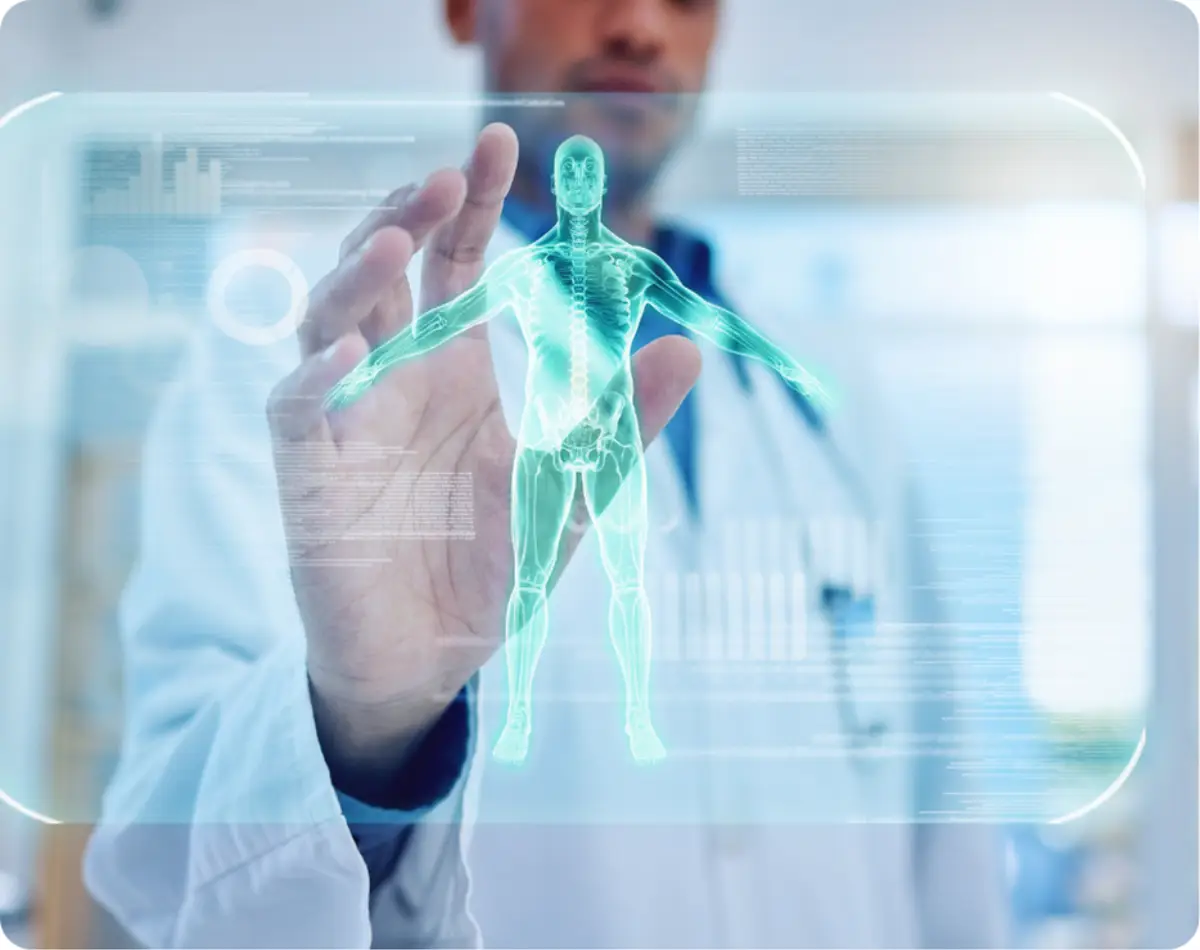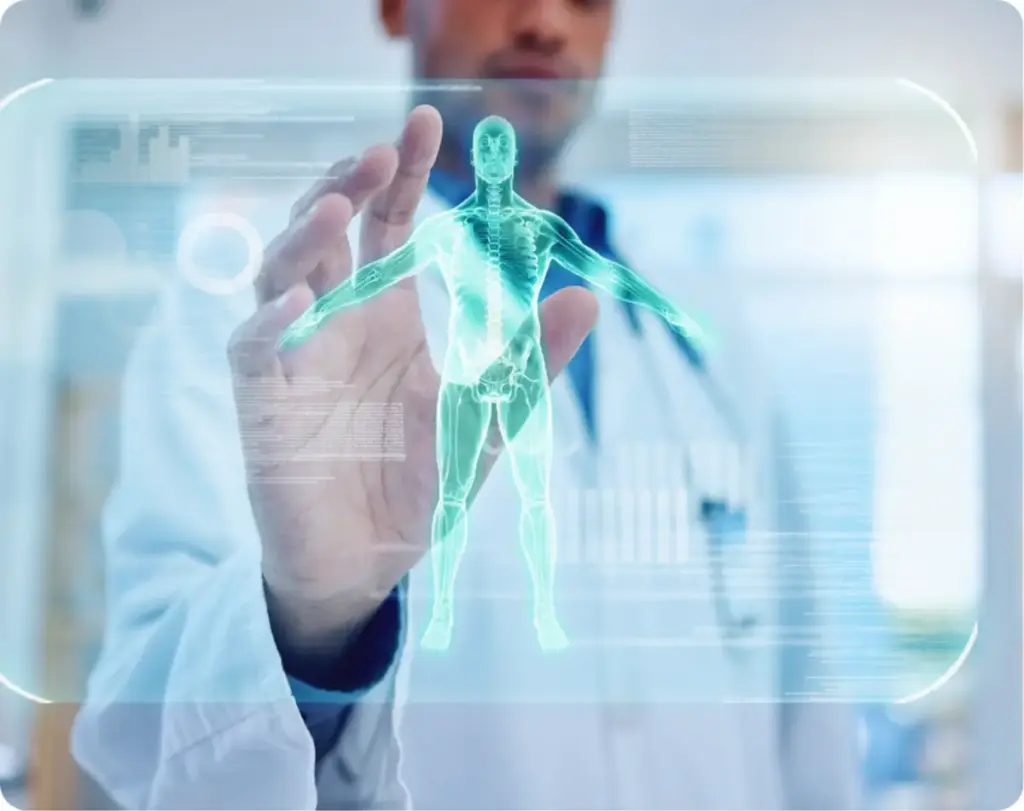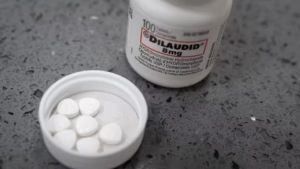
What Role Does AI Play in Recovery?
Artificial intelligence (AI) is transforming healthcare, and recovery programs are no exception. In addiction treatment and behavioral health, AI helps medical staff provide faster, more personalized, and more effective care. From predicting relapse risks to streamlining patient assessments, AI is becoming a trusted partner in recovery—not a replacement for human compassion, but a tool that enhances it.
In practice, AI can:
- Analyze health data to spot early warning signs.
- Help medical teams adjust treatment plans in real time.
- Support telehealth and remote monitoring for ongoing care.
- Automate routine administrative tasks, giving staff more time with patients.
According to a 2024 HealthTech report, over 60% of U.S. healthcare providers now use some form of AI technology. In recovery settings, this means better outcomes and more consistent support for patients navigating one of life’s toughest challenges.
How AI Supports Medical Staff in Addiction Recovery
One of the most powerful uses of AI in recovery is its ability to process massive amounts of data quickly. For medical staff, that means insights they might not otherwise see.
Examples include:
- Relapse Prediction Models: AI can identify behavior patterns—like missed appointments or changes in speech—that signal a higher relapse risk.
- Medication Management: Tools help staff track how patients respond to prescriptions, adjusting dosages safely and effectively.
- Smart Scheduling: AI systems reduce wait times and ensure patients get timely access to therapists, counselors, or group sessions.
A nurse practitioner working in recovery put it this way: “AI doesn’t replace the human connection, but it gives us the insight to make that connection stronger and more timely.”
Studies show that AI-assisted care has reduced hospital readmissions by up to 20% in behavioral health programs. That’s not just efficiency—it’s hope in action.
Making Recovery More Personal with AI
Recovery isn’t one-size-fits-all, and this is where AI shines. By tailoring recommendations to each patient, AI helps staff craft personalized treatment paths.
For example:
- A patient struggling with anxiety alongside substance use may benefit from a different therapy mix than someone focused primarily on relapse prevention. AI helps medical staff spot these nuances.
- Wearable devices that track sleep, heart rate, and stress levels can send alerts to staff if a patient’s health metrics suggest increased risk.
- Chatbots and mobile apps provide 24/7 check-ins, ensuring patients always feel supported—even outside clinic walls.
A 2023 survey from Deloitte found that 72% of patients are open to AI tools in their care if it improves communication and outcomes. For recovery, this shows people are not only ready for AI—they welcome it when it’s used thoughtfully and compassionately.
Think of AI as the “extra set of eyes and ears” that medical teams use to ensure no detail is missed, while still keeping the focus on healing relationships and human care.
Recap, Key Takeaways, and Expert Thoughts
In summary:
- AI is helping medical staff in recovery programs by analyzing data, predicting risks, and improving efficiency.
- It enhances—not replaces—the human connection between patients and providers.
- Personalized care, better monitoring, and smarter systems mean stronger outcomes for patients.
Expert Takeaway: The future of recovery care isn’t about choosing between people and technology—it’s about letting each do what they do best. AI handles the patterns, predictions, and paperwork; medical staff bring the empathy, trust, and healing touch.
Reviewer’s Note: Having seen AI tools in action, the technology is powerful, but its real magic lies in how it frees up staff to focus on what matters most—the patient in front of them. In recovery, where every story is unique and every step forward counts, AI is proving to be an ally worth embracing.



 Reviewed by:
Reviewed by:  Written by:
Written by: 




 FindTreatment.gov
FindTreatment.gov